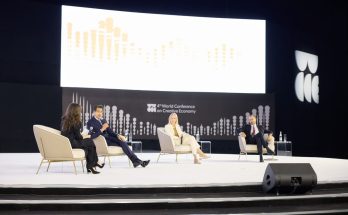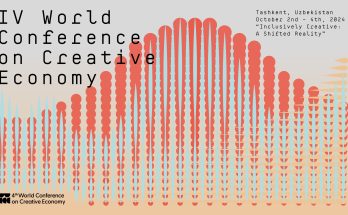LONDON: It was a question he may have expected while preparing for his trip to India as the leader of the world’s largest democracy, and not surprisingly his answer was well-rehearsed. When a British journalist asked him about growing incidents of intolerance – a pet theme of Western media and a cause of concern back home – Prime Minister Narendra Modi played it stoically, saying that tolerance was embedded in the culture and blood stream of India.
Mr Modi, who was also quizzed about his role in the 2002 Gujarat riots that happened under his watch as the chief minister of the state, underlined that India was a vibrant democracy and his commitment to freedom of speech. He admitted that some stray incidents had taken place, but sent the message loud and clear: “India would not tolerate intolerance.”
“India’s Constitution protects freedom and thoughts of every individual,” he said after wide-ranging talks with British Prime Minister David Cameron at the Foreign and Commonwealth Office in London on November 12. “India is the land of Gandhi & Buddha, we are not an intolerant society,” he underlined.
He added that in a country of 1.25 billion people, incidents of intolerance happen, but stressed that his government has been vigilant and is committed to investigating such aberrations. “Every incident taking place in any corner of nation is a serious incident, the law takes its course and strict action is taken,” he said.
The sceptical British media predictably is unlikely to be swayed by such formulaic assurances, and will be closely watching concrete actions taken by the Modi government against the lunatic fringe loosely allied with his party’s ideology of Hindutva.
India’s global image has suffered due to a wave of violence perpetrated by some Hindu zealots, that include the killing of a person for eating beef, considered an anathema by traditional Hindus, and targeting of writers and intellectuals. Many prominent writers have returned their awards in protest against what they see as the muzzling of dissent and freedom of expression.
The talks between Prime Minister Modi and his British counterpart culminated in the joint resolve of both leaders to fashion a dynamic and modern India-UK partnership, with strong focus on upscaling economic ties and enhancing security cooperation. This is the first bilateral prime ministerial visit from India in nearly a decade.
Author Profile

- Manish Chand is Founder and Editor-in-Chief of India Writes Network (www.indiawrites.org) and India and World, a pioneering magazine focused on international affairs. He is CEO, Centre for Global India Insights, an India-based think tank focused on global affairs.
Latest entries
 India and the WorldFebruary 17, 2026South-by-South: Focus on people-centric solutions at India AI summit
India and the WorldFebruary 17, 2026South-by-South: Focus on people-centric solutions at India AI summit India and the WorldFebruary 7, 2026Modi hails interim India-US trade deal, Goyal says no concessions made on agriculture
India and the WorldFebruary 7, 2026Modi hails interim India-US trade deal, Goyal says no concessions made on agriculture India and the WorldFebruary 2, 2026Trump announces trade deal with India, Modi ‘delighted’
India and the WorldFebruary 2, 2026Trump announces trade deal with India, Modi ‘delighted’ India and the WorldJanuary 31, 2026Palestinian minister bats for mediatory role for India in ending Gaza conflict
India and the WorldJanuary 31, 2026Palestinian minister bats for mediatory role for India in ending Gaza conflict








